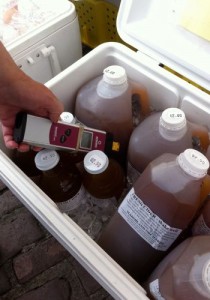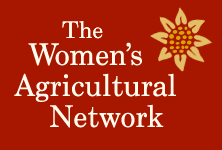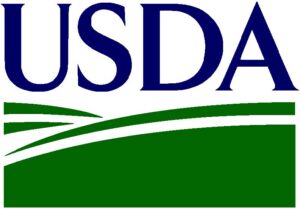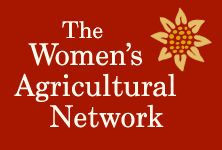I have always loved autumn, and I enjoy it even more now that I live in tree-filled Vermont (particularly on warm, sunny days :))! As a kid, I think I lik ed it partially because my birthday is in September… Now, I cherish seeing the beautiful fall colors and eating farm-fresh apples, pumpkins, winter squash, potatoes, carrots, turnips, and all the other bounty of the season. I love visiting farmers markets at this time of year to enjoy the memories of the summer past and to buy this great produce, as well as all the baked goods, prepared foods, meats, cheeses, etc. that the market has to offer.
ed it partially because my birthday is in September… Now, I cherish seeing the beautiful fall colors and eating farm-fresh apples, pumpkins, winter squash, potatoes, carrots, turnips, and all the other bounty of the season. I love visiting farmers markets at this time of year to enjoy the memories of the summer past and to buy this great produce, as well as all the baked goods, prepared foods, meats, cheeses, etc. that the market has to offer.
Undoubtedly, farmers markets are an important part of Vermont’s culture and economy. They are a great way for food producers and value-added processors to directly connect with their customers, increase sales of their products, and to get feedback from customers on their products. WAgN and the Vermont New Farmer Project provide excellent resource materials and training opportunities, such as Growing Places, that can help producers and processors to assess various market opportunities and to price and promote your products in venues such as farmers markets.
To protect this valuable outlet for Vermont’s local products, it is essential that the food sold at Farmers Markets is produced and processed according to the Vermont Department of Health and the VT Agency of Agriculture rules and regulations and follow food safety best practices. Not only will this ensure that products that are as safe as possible, it will also assure your customers that your business, as well as the entire farmers market, has product quality and safety in mind.
 University of Vermont Extension recently published a series of fact sheets on Food Safety for Farmers Market Vendors, which helps to clarify the various regulatory requirements, and also lists the recommended best practices to ensure the safety of the various types of food offered at farmers markets. The series includes the following fact sheets:
University of Vermont Extension recently published a series of fact sheets on Food Safety for Farmers Market Vendors, which helps to clarify the various regulatory requirements, and also lists the recommended best practices to ensure the safety of the various types of food offered at farmers markets. The series includes the following fact sheets:
– General Food Safety Practices, Providing Samples, Selling Fresh Produce
– Selling Meat, Eggs and Dairy Products
– Selling Prepared Foods and Baked Goods
Information on other food safety topics for producers and processors, as well as on home food safety and preservation is also available from the UVM Extension Food and Nutrition website.
Information on upcoming food safety training courses, including “Essentials of food safety for food processors” will soon be available from the same website for producers and processors. Please feel free to email me at londa.nwadike@uvm.edu if you have questions on this information or any other areas of food safety.
So, enjoy all the beautiful sights, scents and flavors that autumn has to offer, keeping safety in mind so that everyone can enjoy even more!






